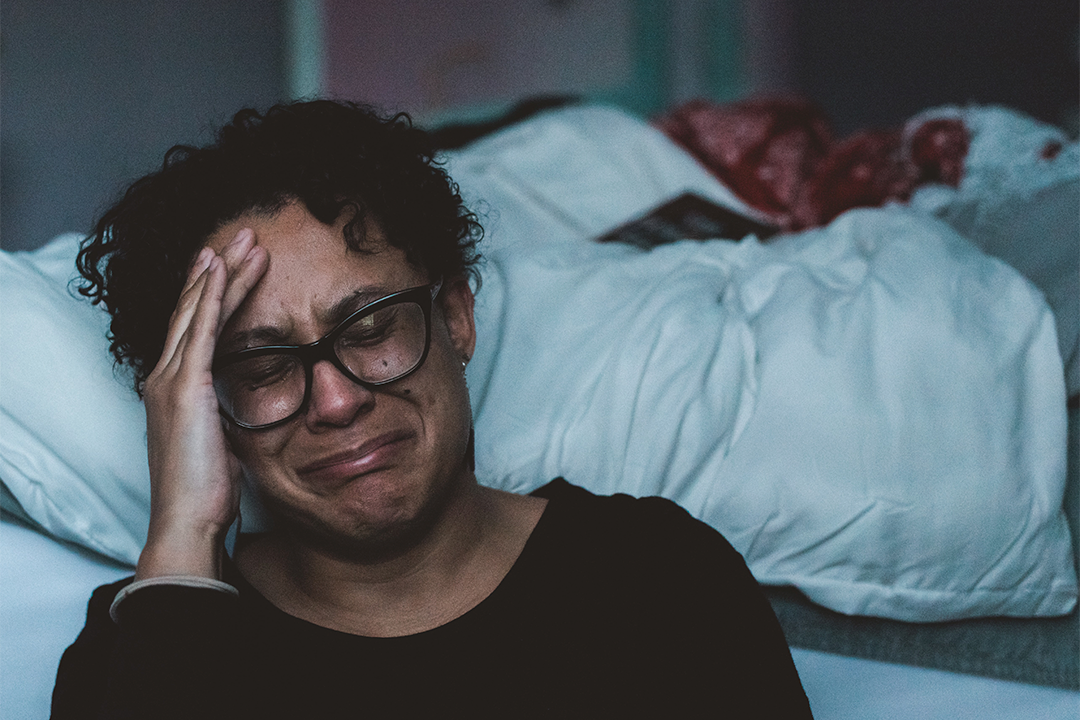Personal injuries from an accident don’t just involve physical injuries, they may also include your pain and suffering and emotional distress. Even when you recover from your physical injuries, you may still have ongoing pain and suffering. It is important that you include all of these elements when you try to settle your personal injury claim or before you file a lawsuit. That is why it is important to contact a personal injury lawyer in Las Vegas.
What Is Emotional Distress?
Also known as “mental anguish,” emotional distress is defined as an adverse emotional and mental reaction to an act performed by another individual or company. Psychological harm can be extremely detrimental for your persona, business, or public image.
Emotional distress includes trauma, shock, depression, or difficulty in performing daily activities due to a particular mental state of distress.
Unlike personal physical injuries such as broken bones, bruises and sprains/strains, it can be tricky to prove that you have suffered the effects of emotional distress. However, the law does recognize mental anguish as sufferance caused by an individual’s conduct or as the result of an accident. Depending on what caused emotional distress, it can be classified as negligent infliction of emotional distress or intentional infliction of emotional distress.
In both cases, the State of Nevada identifies this condition as a cause for a legal course of action, so there are ways to recover damages and monetary compensation for such emotional injuries.
Negligent Infliction of Emotional Distress
Negligent infliction of emotional distress happens when the defendant is responsible for the damages inflicted on the plaintiff, due to their careless acts.
Negligent infliction does not refer to the emotional distress that can arise following an accident of physical injury. Instead, it relates to the emotional harm that a person can experience following the death or injury of a loved one or family member.
 If the death or injury was wrongful, the person could then claim emotional distress damages from the person that caused the accident. Ultimately, you can proceed with this claim if the damages were caused unintentionally.
If the death or injury was wrongful, the person could then claim emotional distress damages from the person that caused the accident. Ultimately, you can proceed with this claim if the damages were caused unintentionally.
However, there are elements of such a claim that should not be overlooked. These are designed to prove negligence and, in the State of Nevada, include:
- Foreseeability rule: applies if the individual who caused emotional distress could not have foreseen that his or her action would have led to this consequence.
- Zone of Danger rule: applies if the victim or plaintiff was in an area of danger in the moment of the accident, posing them at risk of harm.
Intentional Infliction of Emotional Distress
Intentional infliction of emotional distress can occur when a plaintiff suffers the consequences of an accident voluntarily or intentionally caused by the defendant. Also known as “tort of outrage,” a claim for intentional infliction of emotional distress can only be filed if the defendant has committed wrongful and outrageous actions that are likely to cause harm.
These include harassment, sexual assault, domestic violence, workplace wrongs, and fraud. However, the plaintiff must prove that the defendant’s actions were extreme and outrageous and that he or she acted recklessly.
What Are Emotional Distress Damages or Compensation?
Emotional distress damages are a monetary or non-monetary value designed to compensate a plaintiff for the damages perceived following emotional harm by a defendant. These should compensate for the impact that your psychological state has had on your daily life, personal relationships, and professional life. They may include sleep loss, depression, chronic anxiety, humiliation, and fear.
While the State of Nevada recognizes emotional distress as a cause for legal action, there is no way of calculating the precise amount of compensation. This is because emotional harm is a very subjective type of injury, the consequences of which are hard to prove.
However, in Nevada, there is no maximum compensation you can receive for your damages. It is essential to notice that such cases, due to their difficulty, should be brought to court to be ruled fairly. Additionally, hiring the best personal injury attorney in Las Vegas can help you get a fair settlement or verdict.
Who Can Sue for Infliction of Emotional Distress in Nevada?
- The person (plaintiff) who has been directly affected by the actions of the defendant
- A witness of an accident who is closely related to the victim of such an accident
- A closely related family member in some circumstances.
It is essential to notice that fiancés, partners, and roommates do not belong to the category of “closely related” individuals. To find out more about filing an emotional harm claim, get in touch with the best lawyer in Las Vegas who will guide you and help you through this process.
Finding Help to Claim Compensation for Emotional Distress
If you wish to file an emotional distress claim, you should hire an experienced Las Vegas personal injury lawyer. For over 40 years, our firm has handled such cases. Get in touch with Edward M. Bernstein & Associates in Las Vegas today for your free consultation by calling 702-240-0000.
